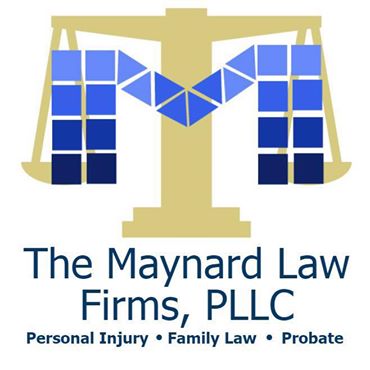Adoption Disruption
What does Adoption Disruption mean?
Adoption disruption occurs when a child has been placed into an adoptive family but then must be returned to the foster or adoption agency or the birth family before the adoption is finalized.
Who is responsible for an adoption disruption?
Adoptions can be disrupted by the birth parents or the adoptive parents. For instance, birth parents have a specific amount of time to end their birth rights (times can vary from 24 hours to 6 months). If a birth parent decides they do not want to end their parental rights, even if the child has been placed with an adoptive family, the child may be returned to the birth parents.
The adoptive parents, rather than the birth parents, may also choose to disrupt the adoption. This most commonly occurs in state foster care adoption programs.
Dissolution of the adoption can also occur, but this occurs after the adoption has been finalized. Dissolutions are more common with international adoptions, and disruptions are more common with domestic adoptions.
Although no one has accurate statistics on the percentage of adoptions which end through a disruption or dissolution, it is estimated that the disruption rate in the U.S. is approximately 10%-25%. Working with a great licensed adoption agency and a family attorney can reduce your risks of an adoption disruption during the adoption process.
Most common reasons for an adoption disruption
An adoption disruption or foster parent disruption can occur for a variety of reasons. For example:
- The parents may have changed their minds.
- The foster parents need more time to focus on their own lives.
- The foster family has to relocate.
- The parents become sick or injured.
- The birth parents and foster or adoption parents do not get along.
- The child’s needs or behaviors are too significant for the foster or adoptive parents.
What should you consider prior to adoption?
There are several issues to consider prior to adoption. Below are the questions you need to ask.
- Do you qualify to adopt a child?
- Do you understand the legal issues for adoption in your state?
- Are you emotionally stable enough to adopt a child?
- Does your spouse, if you are married, agree to the adoption?
- Is your spouse ready to be equally involved with the child?
- Are you financially stable enough to care for a child?
- Do you have the financial support to care for a child?
- Do you have a stable family environment for the child?
- Are your other children, if you have them, comfortable with the decision to adopt?
Related Pages
Lawyers near
Term of the Day
Potestative Condition
Potestative condition is a term that signifies that a contract is under complete control of only one of the parties.Category: Adoption






